
At a recent press conference held during Air Cargo Europe in Munich, Qatar Airways Cargo, IAG Cargo, and MAB Kargo Sdn Bhd (MASkargo) announced their intention to launch a Global Cargo Joint Business, targeting a formal rollout in late 2025, subject to regulatory approvals.
This innovative partnership aims to transform the global air freight market by offering enhanced route flexibility and expanded capacity options across key regions including Asia Pacific, the Middle East, Africa, the Indian Subcontinent, Europe, and the Americas.
By combining their networks, the three carriers will unlock new routes that were previously unavailable through single bookings, opening fresh commercial opportunities worldwide. The initial focus will be on key cargo markets, with plans to include additional countries in future phases as approvals are secured.
To ensure a seamless customer experience, the partners will progressively align their systems, processes, and commercial offerings. Customers can expect streamlined products and services, enhanced digital solutions, and a combined Avios loyalty program as part of the collective offering.
The joint business will also optimize freight and cargo capacity across their networks, improving efficiency and flexibility. Coordinated ground handling and trucking services will further enhance the cargo booking and delivery process.
In a significant humanitarian initiative, the three carriers will soon enter into individual agreements with the United Nations World Food Programme (WFP), pledging a total of 1,000 tonnes of free cargo capacity to support the delivery of food and essential commodities.
This commitment highlights the joint business’s dedication to corporate social responsibility and the broader goal of combating global hunger.
Mark Drusch, Chief Cargo Officer of Qatar Airways Cargo, expressed enthusiasm about the partnership, emphasizing its potential to deliver unparalleled service and efficiency while supporting humanitarian efforts.
David Shepherd, CEO of IAG Cargo, described the joint business as a game changer that will create new connections and commercial opportunities with greater reliability and coordination than traditional interline agreements. Mark Jason Thomas, CEO of MASkargo, highlighted the milestone nature of the partnership, noting its role in extending connectivity and transforming cargo movement globally.
Virginia Villar Arribas, Deputy Director of Private Sector Partnerships at WFP, welcomed the collaboration, underscoring the growing role of the private sector in accelerating humanitarian response and expressing excitement about working with the three carriers to enhance the speed, efficiency, and scale of WFP’s operations.
The partners remain focused on obtaining the necessary regulatory approvals and will provide further updates as the planned launch in late 2025 approaches. This joint venture is set to redefine global air cargo connectivity while making a meaningful impact on humanitarian aid worldwide.














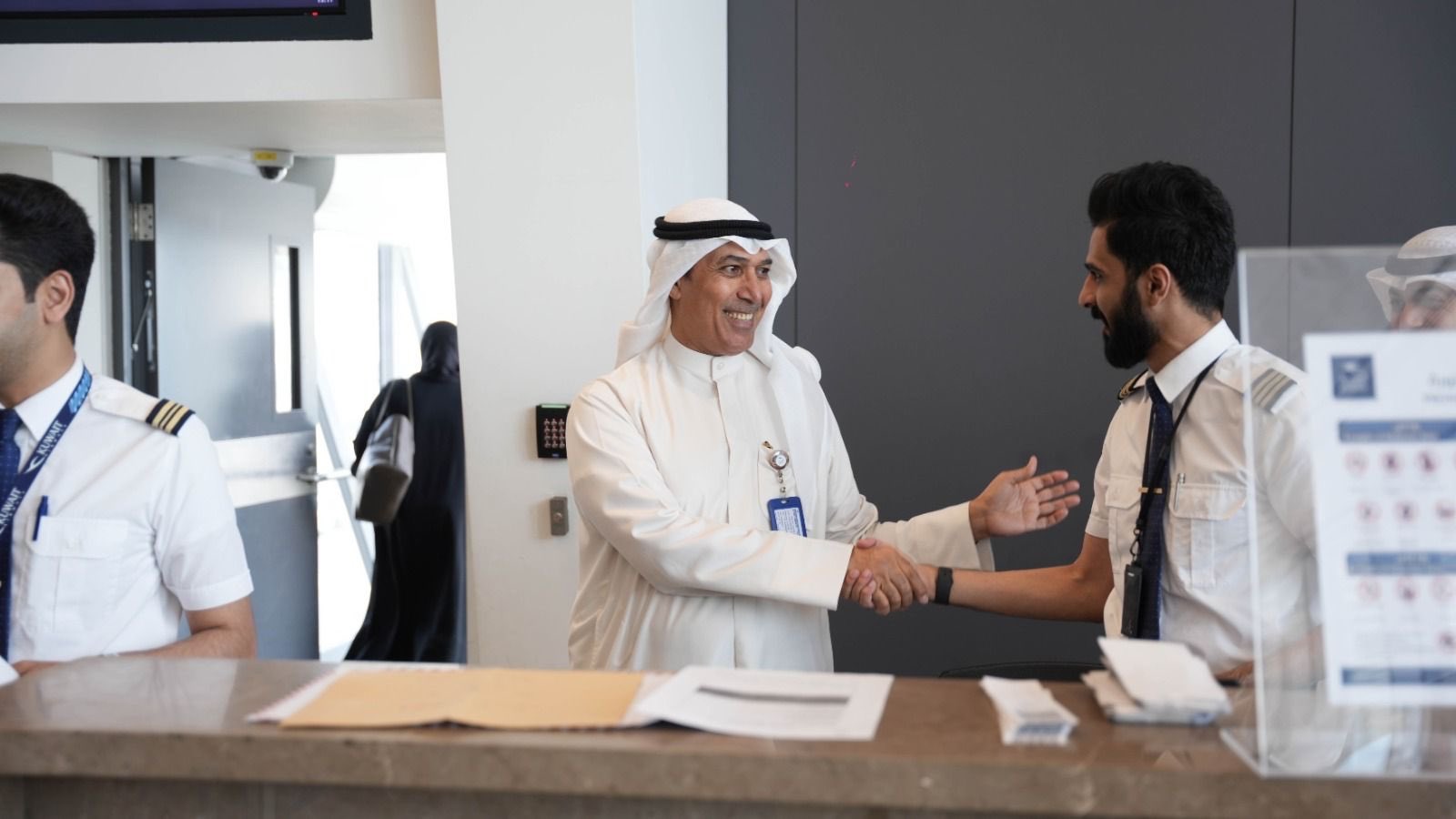
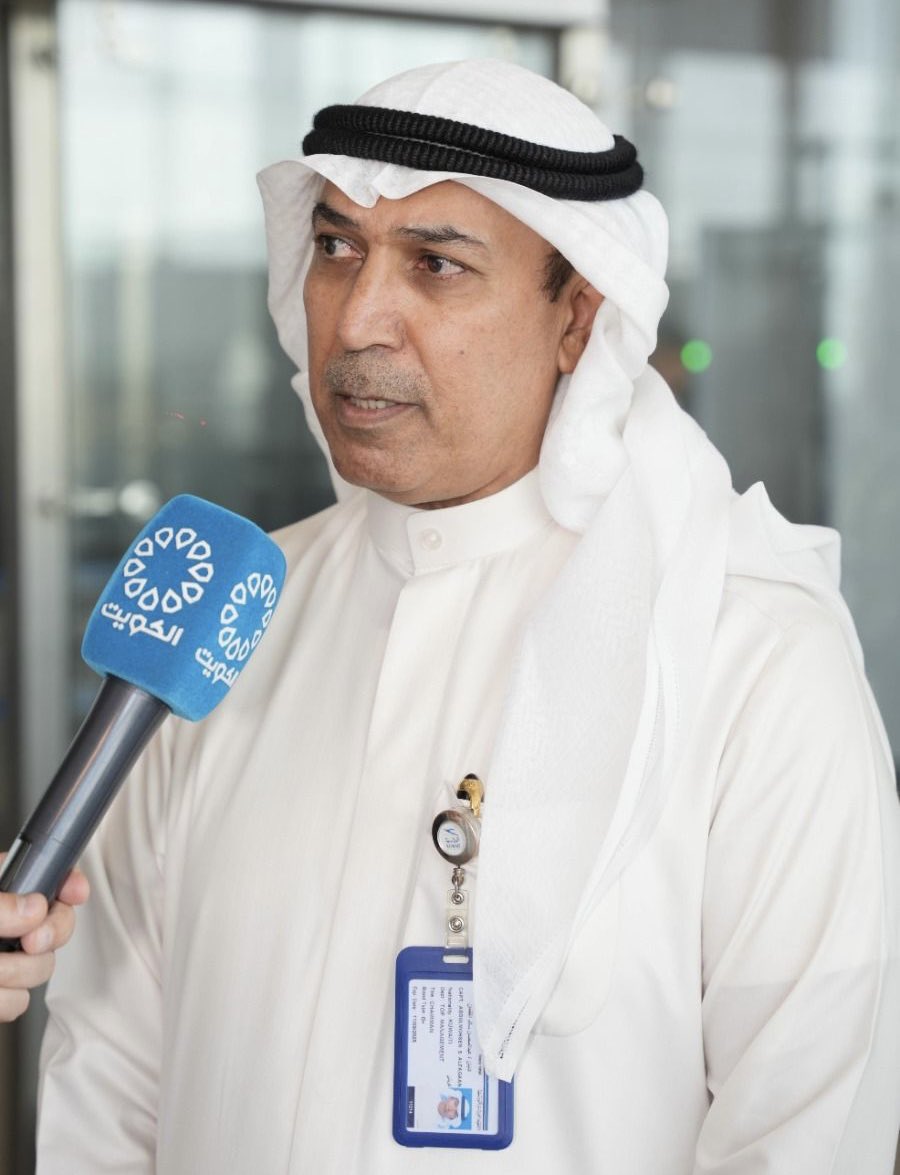









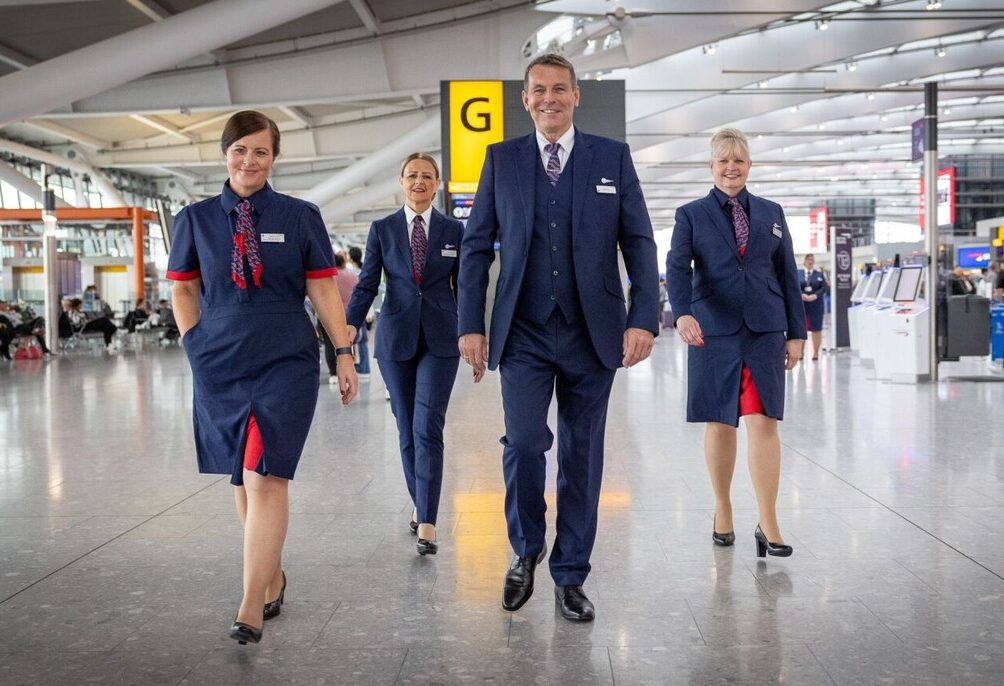
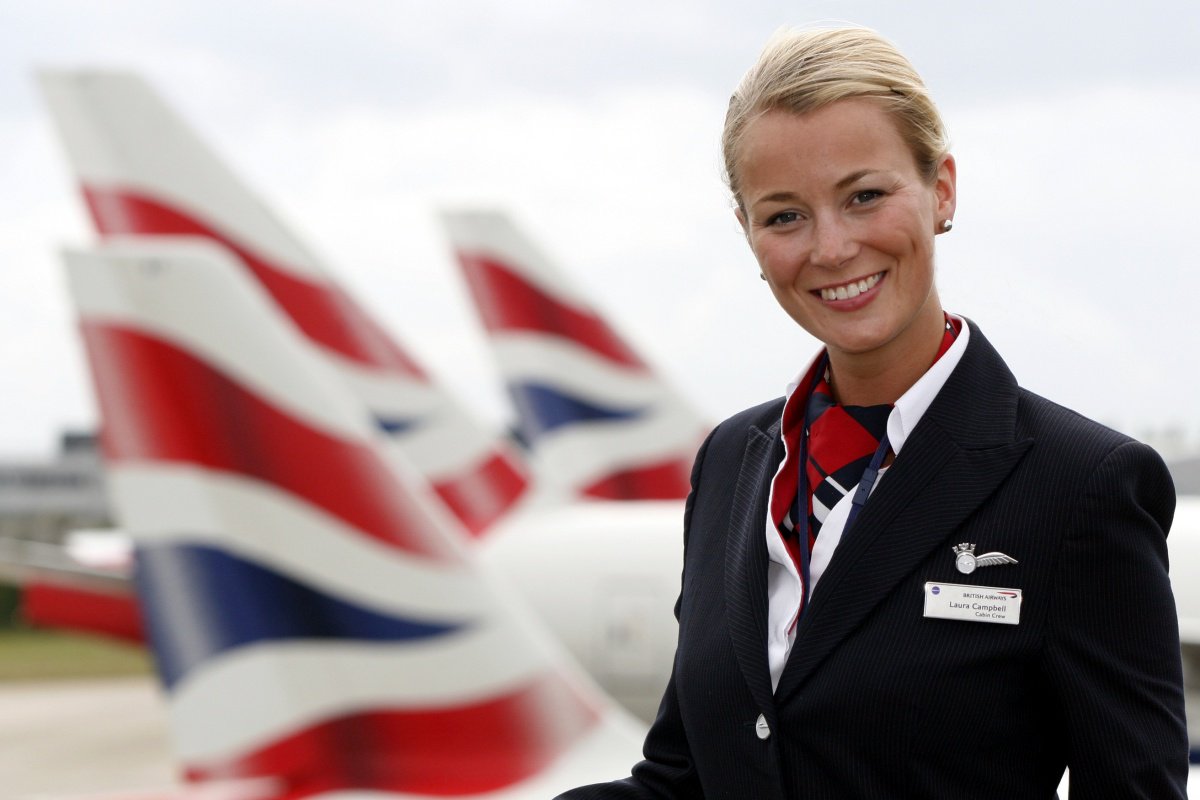
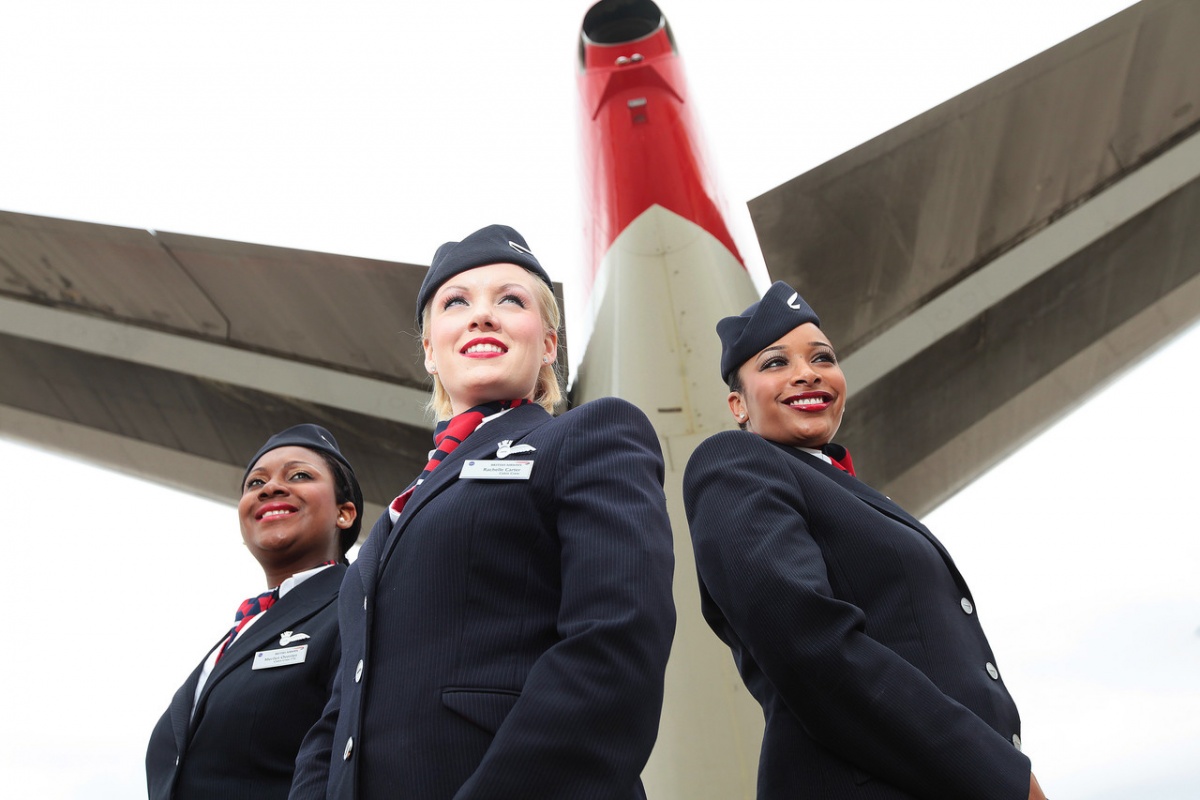

-302cd4-large-1748788146 (2).jpg)














-302cd4-large-1748788146 (2).jpg)


.jpg)
.jpg)
.jpg)





.jpg)




.jpg)
.jpg)